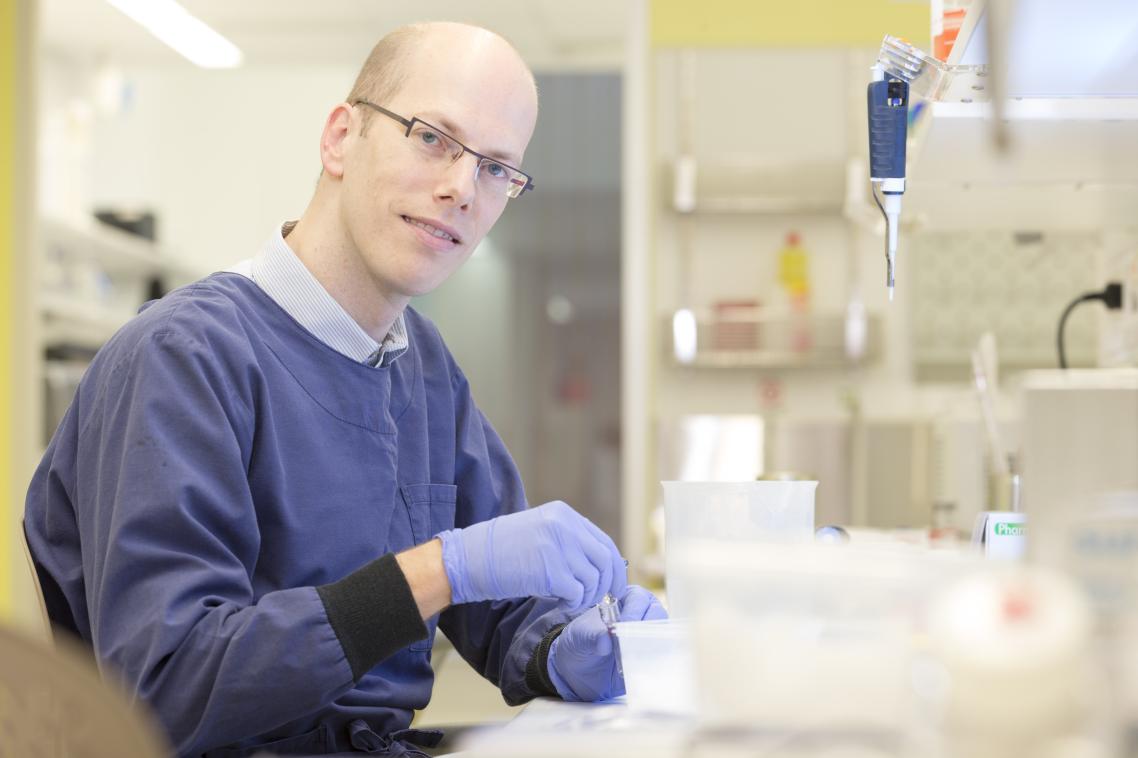UQ researchers identify potential anti-cancer target

University of Queensland researchers have discovered a key driver in the development of most cancers, including breast, lung, liver and ovarian cancers.
UQ Diamantina Institute researcher Dr Pascal Duijf said the discovery could be the foundation for improved cancer diagnosis, new treatments and better assessment of a patient’s prognosis.
“My team has discovered excessively high levels of the protein EMI1 in cancer samples, including the aggressive brain cancer glioblastoma and tumours of the bone,” Dr Duijf said.
“High levels of EMI1 promote tumour development, increase the tendency of cancer cells to spread, and change immune responses, which fuel cancer progression,”
“This is associated with poor patient prognosis, particularly in breast cancer.”
Dr Duijf, a National Breast Cancer Foundation Career Development Fellow, said high levels of EMI1 disrupted normal cell division leading to new cells with abnormal chromosome numbers.
“This process, referred to as chromosome instability, accelerates cancer progression and allows cancer cells to become resistant to cancer therapies.”
“Our findings indicate that high EMI1 levels are one of the strongest indicators of chromosome instability identified to date.”
Dr Duijf said the discovery was an exciting step forward. The next step was to determine whether tumours had to maintain high levels of EMI1 to survive.
“If that is the case, it could present a promising anti-cancer target,” he said.
The study is published in the Nature journal Oncogene.
Media: Dr Pascal Duijf, p.duijf@uq.edu.au, +61 7 3443 6937, or Kate Templeman, 0409 916 801.
Topics
Related articles

UQ research puts spotlight on perinatal mental health

Indigenous cancer research receives critical funding boost
Media contact
UQ Communications
communications@uq.edu.au
+61 429 056 139
